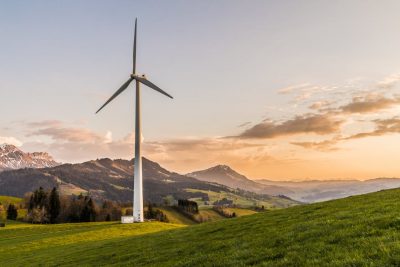Financing Global South for Green Growth

Green financing is one of the top priorities for India’s G20 Development Working Group. Green Finance has become increasingly attractive in the backdrop of growing global climate change implications. In recent years, the world has witnessed several climate catastrophes, including flash floods in Asia and alarming heat waves in Europe. The world needs an estimated investment of about $125 trillion by 2050 to achieve net zero targets. The countries in the global south, however, are facing challenges in financing their country’s green investment requirements.
The cost of green finance is higher in developing countries. In addition, the climate investment need is also more in developing countries. While developed countries have committed to mobilising USD 100 billion of climate finance per year by 2025, in aid for developing countries, they have repeatedly failed to do so. Last year, green finance for global south was a major issue at COP Summit. India’s G20 Presidency is expected to bring a renewed focus on climate finance for global south. It is anticipated that India will be able to help bring in a greater inflow of climate finance to the global south countries. Green finance inflows are required by developing countries not just to meet climate goals but also for sustainable infrastructure-led development.
Infrastructure is a key growth enabler for developing economies. By 2050, infrastructure growth in developing countries is likely to increase demand for steel and cement by 30% and 45%, respectively, as per a note by World Economic Forum. In addition, it has been found that requirement of steel and cement (in some cases) per unit of capacity is higher for solar and wind energy units than that for fossil fuel-based generating technologies. Both cement and steel are hard-to-abate sectors. These sectors will require significant green financing for their decarbonisation to make infrastructure development, including that of clean energy, more sustainable.
Green finance is also required to support a sustainable digital transformation. As the emphasis is growing on data governance in developing countries to meet developmental goals, digital infrastructure growth becomes more crucial. Digital infrastructure growth will likely increase the energy demand significantly and therefore, an investment is required to increase the penetration of clean technology usage. Overall, infrastructure development creates more demand for energy and therefore may lead to higher emissions. Developing countries need to invest more in their infrastructure for improving the standard of living and incomes. They should be able to finance their requirements for green technology to ensure sustainable infrastructure growth. India’s G20 Presidency is a great opportunity to stress the importance of greater inflow of green finance in infrastructure development of Global South Countries.
Anjali Mahto, Account Executive, VeKommunicate
